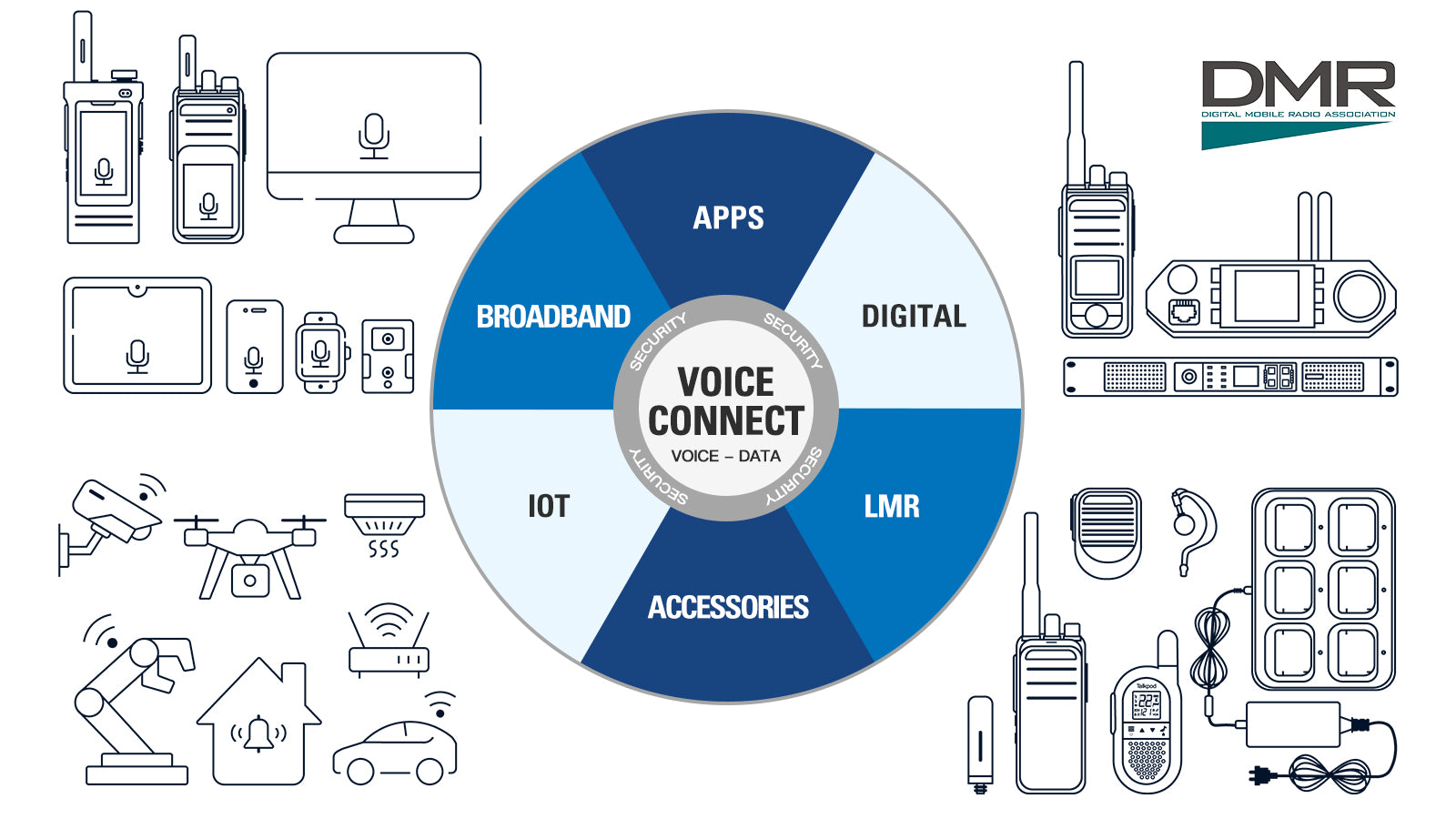GSM, short for Global System for Mobile Communications, revolutionized the way we connect. This blog explores the foundations of GSM, its unique features, and its pivotal role in the global telecommunication landscape.
GSM is more than just a standard for mobile phones; it's a comprehensive system that enables seamless mobile communication across continents. Developed in the 1980s, GSM became the default global standard for mobile communications, thanks to its robust design, digital nature, and ability to handle voice and data simultaneously.
At the heart of GSM's technology is its method of digitizing and compressing data. This process allows multiple users to share the same frequency channel by dividing it into time slots. Each user is allocated a specific slot, enabling multiple calls or data sessions to occur concurrently on a single channel. This efficient use of bandwidth is one of the reasons GSM networks can support a vast number of users without significant interference or degradation in quality.
GSM's impact extends beyond technical specifications; it has created a globally unified standard that has eased international travel and commerce. Before GSM, the world was fragmented into various mobile communication standards, complicating cross-border communication. GSM's widespread adoption has led to a cohesive, global network, allowing users to communicate across different countries and continents seamlessly.
Moreover, GSM set the stage for the evolution of mobile technology. It laid the groundwork for 3G and 4G networks, and now, as we transition into the era of 5G, the principles of GSM continue to influence next-generation mobile technologies.
In conclusion, GSM has been a cornerstone in the development of modern mobile communications, offering a reliable, efficient, and globally unified system. Its legacy endures in the seamless connectivity we enjoy today, proving that good technology stands the test of time.











































